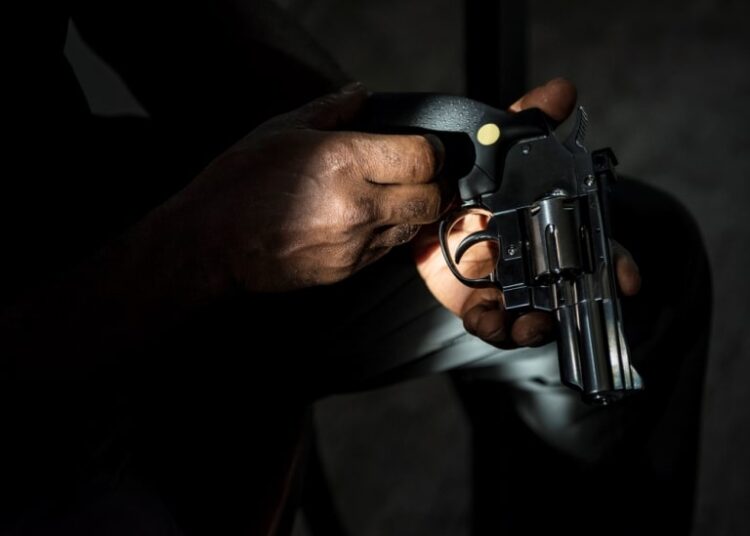In our society, characterized by ideals of justice and equality, instances of wrongful police shootings strike at the very core of our values. These incidents demand immediate attention, thoughtful action, and a commitment to accountability. Here’s a comprehensive guide on what to do in the aftermath of wrongful police shootings:
1. Immediate Response: Ensuring Safety and Documentation
The first step in addressing a wrongful police shooting is ensuring the safety and well-being of everyone involved. This includes providing medical assistance to the victim and securing the scene to prevent further harm.
Simultaneously, it’s crucial to document the incident thoroughly. Gathering eyewitness testimonies, preserving physical evidence, and recording audio or video footage are essential for building a case and seeking justice.
2. Legal Recourse: Seeking Representation and Filing Complaints
Seeking legal representation from professionals experienced in handling police misconduct cases is imperative. They can guide in filing complaints, initiating investigations, and pursuing legal action against responsible parties.
Exploring civil litigation options to seek compensation for damages, including medical expenses and emotional trauma, is also essential. Seeking guidance from an experienced accidental shooting attorney can provide invaluable assistance in navigating the legal complexities and pursuing justice in cases of wrongful police shootings.
3. Community Mobilization: Raising Awareness and Advocating for Change
Engaging with local advocacy groups, civil rights organizations, and community leaders is crucial for raising awareness about the incident and mobilizing support for accountability and reform. Organizing peaceful protests, vigils, and public demonstrations can amplify voices and demand justice, transparency, and systemic changes within law enforcement agencies.
4. Media Attention: Sharing Stories and Exposing Injustice
Utilizing traditional and social media platforms to share personal narratives and expose instances of police misconduct is powerful. Collaborating with journalists and investigative reporters to conduct in-depth investigations can shed light on systemic issues plaguing the criminal justice system and pressure authorities to take action.
5. Policy Reform: Advocating for Change and Accountability
Advocating for legislative reforms aimed at increasing police accountability and transparency is crucial. Pushing for the adoption of body cameras, de-escalation training programs, and stricter use-of-force policies can help minimize the risk of unnecessary violence and abuse of power.
6. Psychological Support: Addressing Emotional Trauma
Providing comprehensive psychological support services to victims, witnesses, and their families is essential. Collaborating with mental health professionals and community organizations to offer counseling and therapy tailored to their specific needs can help address the emotional trauma and PTSD resulting from the incident.
7. Government Accountability: Holding Officials Responsible
Holding government officials and law enforcement agencies accountable for preventing, investigating, and addressing cases of wrongful police shootings is crucial. Demand transparency, accountability, and meaningful reforms through electoral activism and legislative oversight mechanisms.
8. Long-Term Solutions: Building Trust and Equity
It is essential to work towards building trust, cooperation, and mutual respect between law enforcement agencies and the communities they serve. Addressing underlying socio-economic disparities and systemic racism through dialogue and collaborative problem-solving approaches can contribute to long-term solutions.
Conclusion
Addressing wrongful police shootings requires a concerted effort encompassing legal recourse, community mobilization, media attention, policy reform, psychological support, government accountability, and long-term solutions.
By standing together, advocating for change, and holding those in power accountable, we can strive toward a more just and equitable society where everyone is treated with dignity and fairness under the law.




